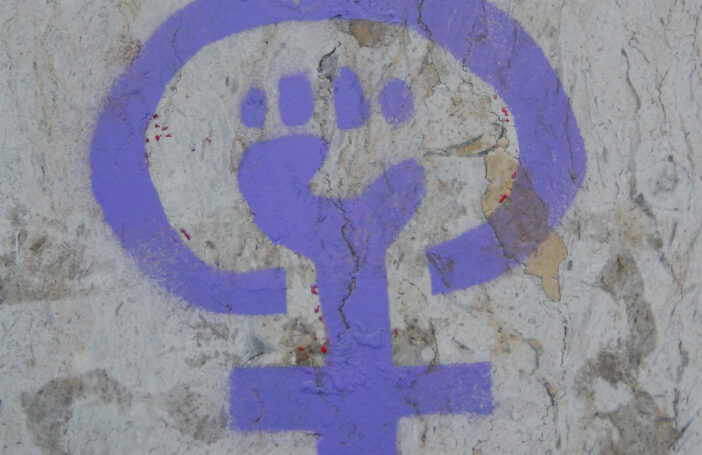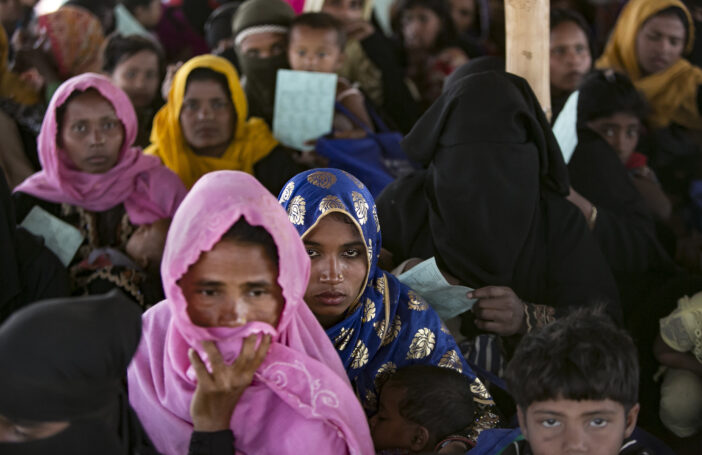Last month Esquire ran an outstanding profile of C.J. Chivers, a former New York Times foreign correspondent, and the effects of covering 15 years of war across the Middle East on him and his family. Chivers’ account of being the subject of an airstrike in what should have been safe territory in Libya — “It shows that they don’t know what they’re bombing in many instances, and they convince themselves that they do, which is an incredibly dangerous use of lethal power” — is chilling in light of the recent bombing of the MSF hospital in Kunduz.
Although the global refugee crisis has attracted plenty of media attention, some of that coverage is not necessarily as detailed or as accurate as one might prefer. To help fill any gaps in your understanding, Vox has a detailed primer on ‘9 questions you were too embarrassed to ask’ (number 9 is especially important), and ODI presents a briefing on ’10 things to know about refugees and displacement’.
Number 2 on ODI’s list of things to know is that most displaced people stay in their own country. Related to that, Foreign Policy has published a harrowing excerpt from a new book by Elizabeth Dickinson on efforts by Syrian expatriates, mainly based in the UAE, to aid their relatives and friends who remained stuck in regions of Syria besieged by the Assad regime.
Modelling from Center for Global Development researchers suggests that preventing catastrophic climate change wouldn’t be that expensive.
The World Bank has an interesting talk on what we know about the respective merits of Unconditional Cash Transfers (UCTs) and Conditional Cash Transfers [click on links to the right to get video and pdf of talk]. UCTs are all the rage in parts of the development world at present, but, as is always the case, evidence for their efficacy suggests that, while they can certainly help, they are not an unqualified panacea.
Global Forest Watch has a satellite generated map which allows you to watch the deforestation of our world. If you’re interested in a particular country you can zoom into it.
On NPR’s Goats and Soda blog, Vicky Hallett reports on findings from the Global Nutrition Report on nutrition in Nauru. Although Nauru was the only country to see a decline in adult obesity between 2010 and 2014, the obesity rate there remains four times higher than the global rate. In Nauru, as in many other developing countries, anti-obesity efforts are hamstrung by social, economic, and environmental circumstances.
Lastly, among the more unusual studies of aid we’ve come across recently is a study of the ‘white man effect’. When conducting ‘dictator games’ in 60 villages in Sierra Leone, researchers found [summary; full report here] that when the study team included a white person, villagers gave away 19 per cent more money — except in those villages which were known to receive a lot of foreign aid, where villagers tended to keep more of their winnings for themselves.



